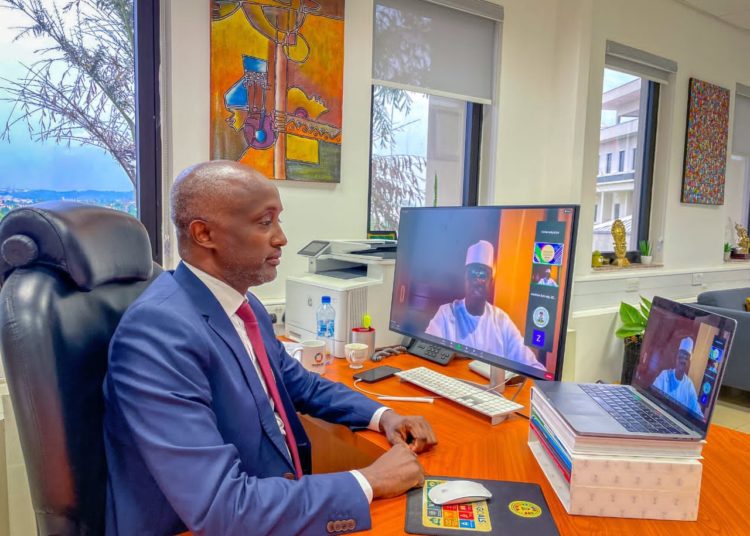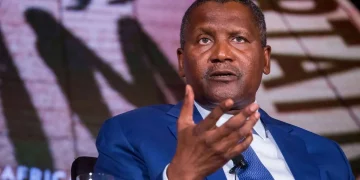Federal government, in collaboration with the United Nations Development Programme (UNDP) has launched the imagine Nigeria report under a larger development framework that explores alternative pathways to further the country’s development.
This unique initiative is a bold and unfettered look into Nigeria’s future in the coming decades rather than a national plan comprising specified projects.
Over 300 Nigerians in the country and the diaspora participated in an independent consultative review of progress and exploration of ideas captured in the report that proposes innovative and inclusive development pathways.
Speaking at the event, vice president, Prof. Yemi Osinbajo said “Imagine Nigeria” is a bold, unblinkered, exploration of the great possibilities of our nation.
He further said the project provided the licence to imagine a Nigeria freed of its past and current challenges and able to engage the future with the best possible tools in human and material capital.
He added that the “ultimate objective was to answer the question what would it take to transform Nigeria. It is a process of reflection and discussion by all Nigerians especially young Nigerians on what the future of our country should look like. Imagine Nigeria hopes to stimulate interest and attention around issues of innovation, green economy, trust, leadership and framing a more positive national narrative.”
“Imagine Nigeria proposes that Nigerians can build a more inclusive and resilient nation, overcoming prevailing challenges facing Nigeria, such as the unprecedented impact of COVID-19, diminishing oil revenue, climate change, the rising cost of living, inequalities, poverty and levels of insecurity among others.”
Also speaking at the launch event, UNDP resident representative, Mohamed Yahaya noted that Nigeria’s reimagination is critical not only for the country but also for the African continent and the world.
“Imagine Nigeria is about creating a shift for a new African agenda and development narrative. It calls on Nigeria to facilitate new forms of collaboration for the country and Africa so that the continent can take its well-deserved seat in the global arena while also providing a basis for the country’s transformation.
“A key recommendation from the series of conversations so far is the urgent need for structural transformation, economic diversification, and wealth creation, catalysed by the green economy. It is not just about going green; it is about global leadership and how Nigeria can help lead the world in a new direction.
“It is about building a new economy and forging new realities in which Nigeria is a global leader and the destination for investors working to solve African and global challenges.”
We’ve got the edge. Get real-time reports, breaking scoops, and exclusive angles delivered straight to your phone. Don’t settle for stale news. Join LEADERSHIP NEWS on WhatsApp for 24/7 updates →
Join Our WhatsApp Channel











